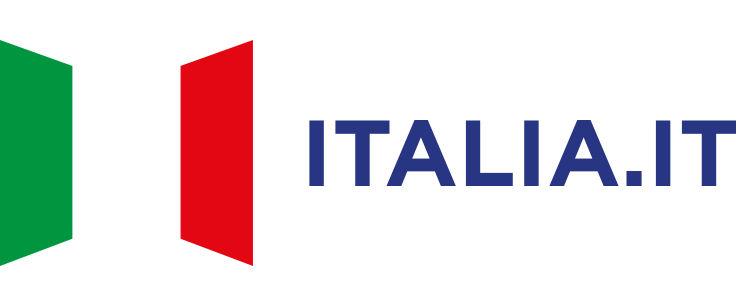Documentation
2 minutes
What documents are required for EU and non-EU citizens to enter and travel in Italy?
The documentation required to enter Italy varies according to your country of origin:
- for EU citizens and citizens of countries that have signed the Schengen Agreement, a valid identity card is sufficient as an alternative to a passport;
- Citizens from non-EU countries may enter Italy with a passport valid for at least three months after the planned date of departure from the Schengen Area.
Do I need a visa to go to Italy?
When you will need a visa to enter Italy
Depending on your country of origin, you may require a visa to enter Italy. You can request a visa from the Italian Embassy or Consulate in your country of residence and it will generally be issued after 90 days. To find out which countries require a visa to enter Italy, please visit esteri.it. On this website, you can enter your nationality, your country of residence, the duration of your stay (less than or more than 90 days) and the reason for your trip. Remember that once you arrive at the border, the authorities may request documentation justifying your reasons for and duration of your stay in Italy.
If you are staying at a hotel or other accommodation, its manager will fill out a Declaration of Presence for you, which they will then send to the Police Headquarters. However, it is always a good idea to always carry a copy of the Declaration with you, so that you can show it to the police in the event that they want to check.
If you enter Italy from a country outside the Schengen Area, the uniform Schengen stamp, which is affixed to your passport during border control, replaces the Declaration of Presence. If you enter Italy from a Schengen Area country and do not stay in an accommodation facility, you must submit a Declaration of Presence to the Police Headquarters of the province in which you are staying within eight days of entering Italy.
Travel insurance in Italy: tips for a smooth journey
Travel insurance is always recommended: this ensures that you are financially covered in the event of delays or flight cancellations, and you won’t be caught out in the event you experience health problems.
It is always a good idea to keep a screenshot or PDF copy of bookings for flights, hotels or other documents on your phone: this makes it easier to show information if requested.


